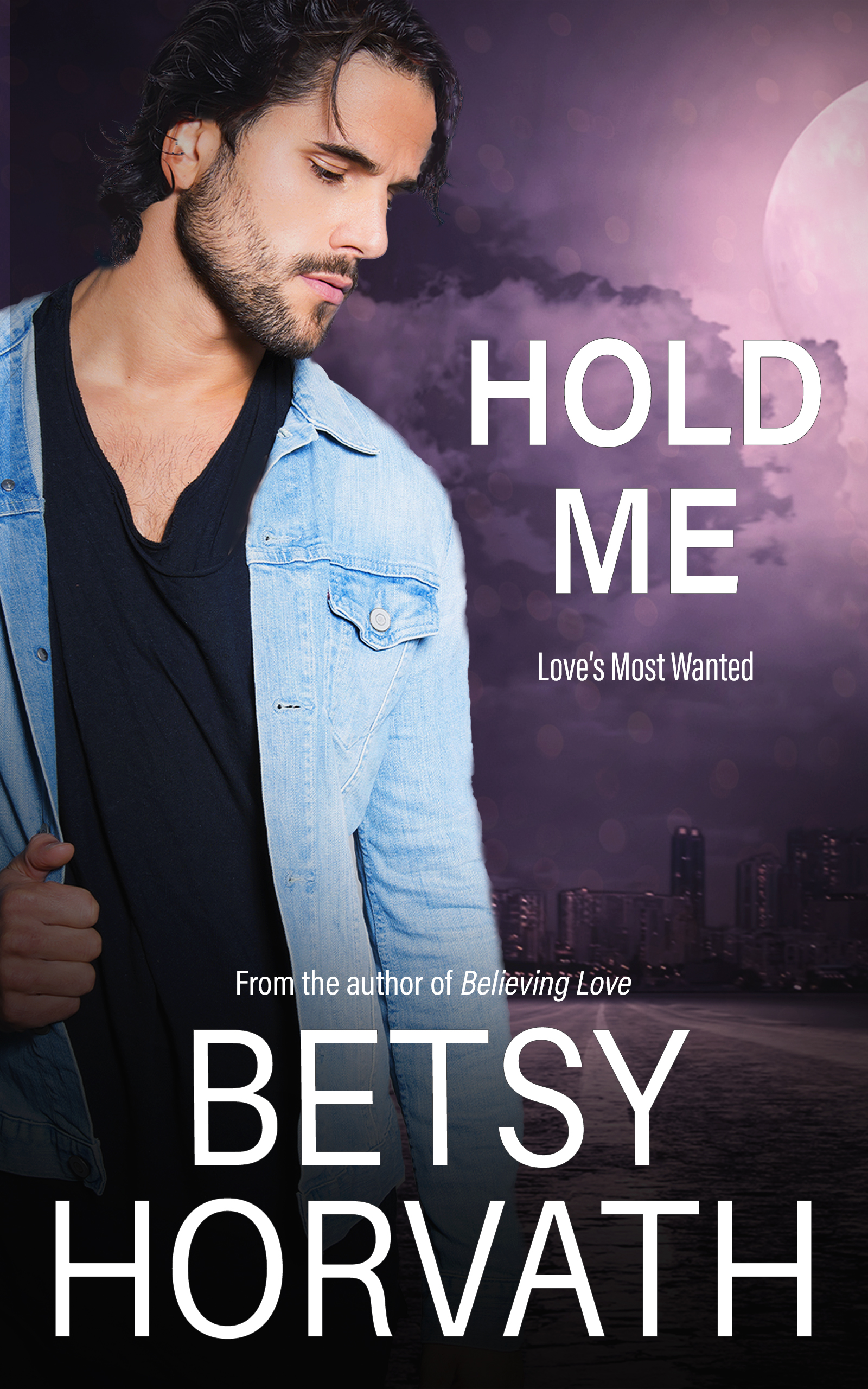 Some people tend to romanticize publishing. I might even have been guilty of it a time or two myself. But publishing is, at its core, a business. And it’s a business in the middle of transition.
Some people tend to romanticize publishing. I might even have been guilty of it a time or two myself. But publishing is, at its core, a business. And it’s a business in the middle of transition.
I think there are really three big issues forcing the change – digital publishing, the corresponding rise of self-publishing, and the decrease in the number of bookstores.
Brick and mortar bookstores are closing, print runs of books are down. At the same time, book distribution is moving to the Internet, thanks in large part to big book-selling websites and popular digital ereaders. Advances in technology have also made it much easier to self-publish. Self-published books appear on websites next to those that are traditionally published, available in print through print on demand, competing for reader attention. More and more established authors are self-publishing at least some of their books.
The result? Readers aren’t limited to buying books only from publishing houses, at least not to the extent they once were. As the number of listings on Amazon and Barnes and Noble and various other book selling websites expand exponentially, existing publishers lose market share. It’s the same thing that happened to network TV when cable TV stampeded onto the scene in the eighties.
In addition, publishing took a hit with the recession, as did other businesses. However, since publishers were already facing a changing market and distribution system, the impact was severe.
So, keeping in mind the turmoil in the publishing industry over the past three or four years, I invite you to read this post on Steven Pressfield’s blog. It’s about Random House, “50 Shades of Grey”, and the astonishing amount of money involved.
After reading this, after looking at all of the challenges the industry is facing as it redefines itself, I am left to wonder.
Does Random House want to find that kind of a deal again? Yes, of course it does. Does every publisher around the world want that kind of a deal? Of course they do.
I’m not wondering about that. That’s a given.
But I do wonder how the publishers are going to go about finding the next “50 Shades”. Or, more accurately (because I think a success like “50 Shades” is impossible to predict), I wonder how they THINK they’re going to find it.
And I wonder if, seeing the experience E. L. James has had, best-selling self-published authors will still be willing to bite at a contract just because it comes from someone like Random House. As mentioned in the post, Hugh Howey didn’t give up ebook rights when negotiating with Simon & Schuster. Instead he negotiated a whole new kind of contract, AND he was able to get away with it.
So, what’s the upshot of this whole thing? I don’t know. I don’t think anybody knows. But I do think the true story of “50 Shades of Grey” is not the story itself (thank God), but how it will impact both authors and publishers in the future.
The next year or so should be pretty darned interesting….





